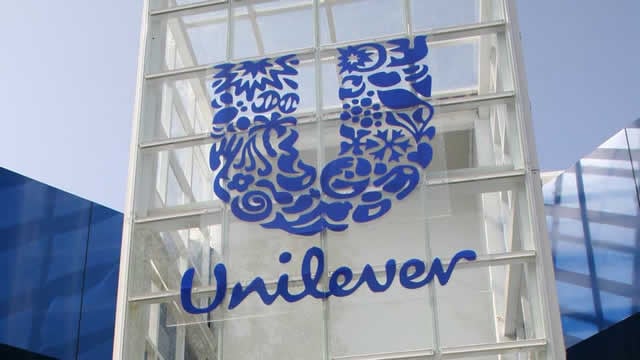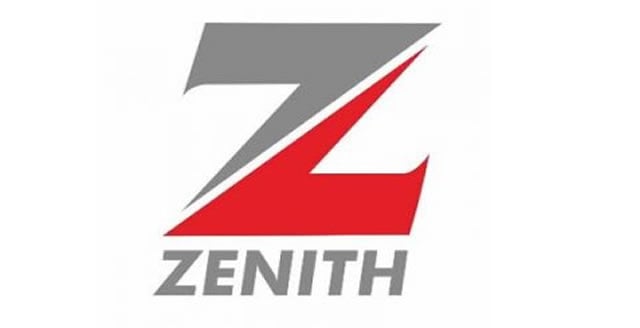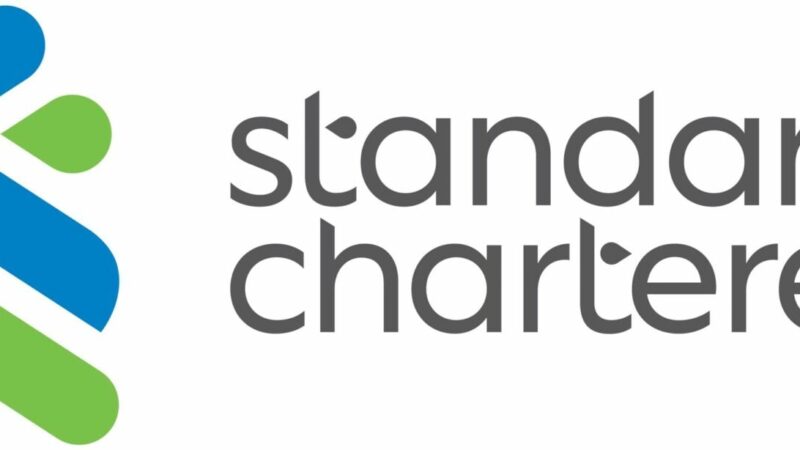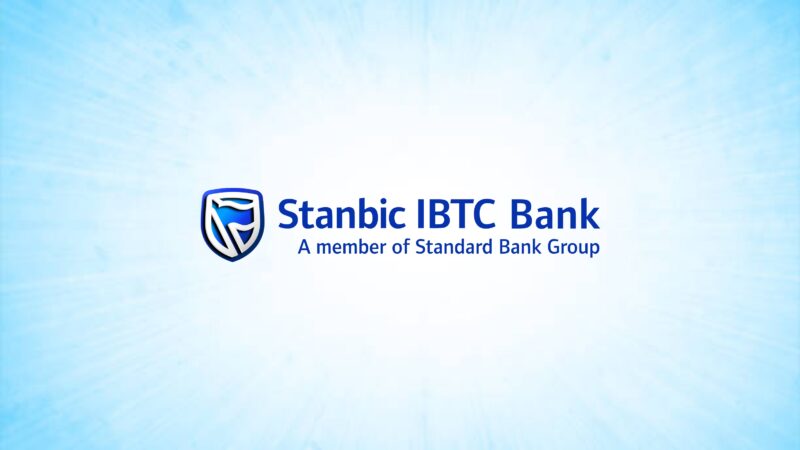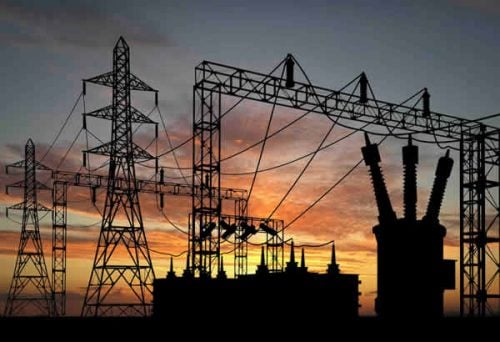FX backlog clearance, transparency lift reserves — CBN Gov
 The Governor of the Central Bank of Nigeria, Olayemi Cardoso, has attributed the recent rise in Nigeria’s external reserves to the clearing of the foreign exchange backlog and sustained efforts to improve transparency in the FX market.
The Governor of the Central Bank of Nigeria, Olayemi Cardoso, has attributed the recent rise in Nigeria’s external reserves to the clearing of the foreign exchange backlog and sustained efforts to improve transparency in the FX market.
As of Tuesday, the nation’s external reserves stood at $42.35bn. Cardoso spoke on Friday at a fireside chat during the inaugural CBN Governor Annual Lecture Series, held at Lagos Business School under the theme ‘Next Generation Leadership in Monetary Policy and Nation Building.’
The CBN recently completed payments on the verified FX backlog after a forensic audit by Deloitte, which uncovered significant irregularities in some forward contracts.
Explaining why he chose to clear the backlog despite not inheriting it, Cardoso said restoring Nigeria’s credibility was a non-negotiable priority when he assumed office.
“When I took office, I made a promise. We would clear the verifiable backlog of monies owed by Nigeria to third parties. To be honest, I had no idea how we were going to do it, but it was not negotiable. We needed to protect and maintain our integrity,” he said.
Describing the move as a “huge sacrifice,” he stressed that credibility and trust were essential to attracting long-term investment.
“If we are a going concern, and if we expect people to trust and invest in our economy, we must keep our promises. That action contributed in no small way to the rise in our reserves. People invest when they see credibility and transparency.”
Cardoso highlighted several reforms aimed at strengthening confidence in the apex bank. These include open, televised Q&A sessions after every Monetary Policy Committee meeting, regular publication of audited financial statements — breaking with years of opacity, and disclosure of Nigeria’s net reserves position at the end of 2024, a move that surprised sceptics and reassured international investors.
“Many doubted we would publish the net reserves figure. But we gave a date, we delivered, and that gave investors confidence in the CBN,” Cardoso noted.
He also pointed to the adoption of a B-matching electronic trading system in the FX market to ensure transparency.
“The system makes rates and transactions visible to all. The market has become more transparent, eliminating the situation where some had privileged access to FX while others did not.”
Cardoso reiterated that his reforms aim to ensure that Nigerians can do business without undue influence or connections.
“By the time I leave the Central Bank, you won’t need to know anybody to get your business going. Today, most Nigerians can already use their naira debit cards abroad, something unthinkable two years ago.”
He stressed that the CBN’s core mandate remained economic stability, noting that stability was key to attracting serious investors.


